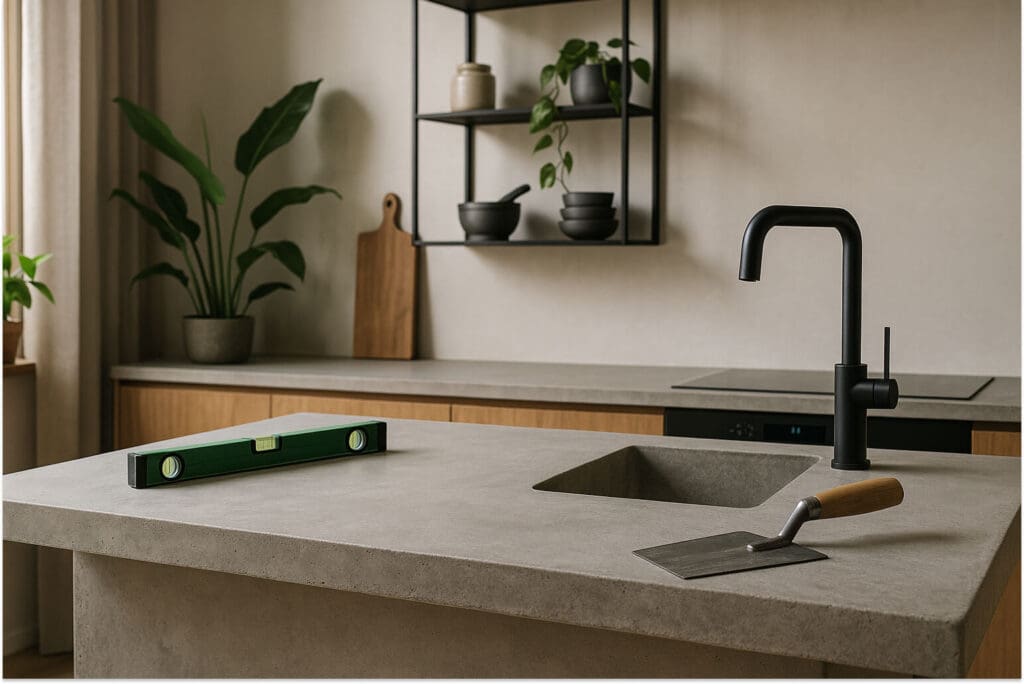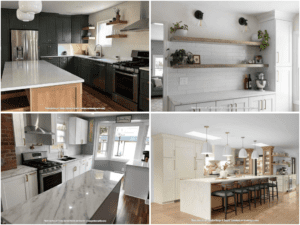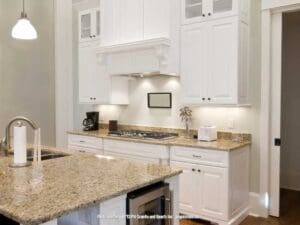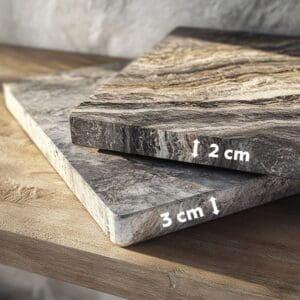Concrete and Cement Countertops: A Trend That’s Transforming the Kitchen

Not long ago, concrete countertops were seen as overly industrial. Today, they’ve become one of the boldest trends in kitchen design. Why are more and more families choosing concrete counters over traditional quartz or granite? The answer is simple: a unique look, versatility, and the option for full customization. But are they practical for daily use — and are they right for your home?
What’s the Difference Between Concrete and Cement — and Does It Matter for Countertops?
People often confuse the two, but cement countertops are simply a type of concrete countertops. Cement is the base material used to make concrete. So in terms of appearance and durability, these countertops are nearly identical. What really matters is how well they’re made and how thoroughly they’re sealed.
Are Concrete Countertops a Good Fit for the Kitchen?
Yes. Concrete kitchen countertops can handle high heat, can be molded into custom shapes, and look striking in interior design. With the right finish and sealant, they’re resistant to moisture and stains. With proper care, these countertops last 20 to 30 years — nearly as long as stone surfaces. Just keep in mind: like any natural material, concrete needs ongoing maintenance and regular sealing.
Can You Make a Concrete Countertop Yourself?
Yes, you can. Many people take on concrete countertops DIY projects or even try cement countertops DIY — it’s a great way to save money and create something truly personal.DIY concrete kitchen countertops projects are especially popular because they allow you to bring any design idea to life without overspending.
What Should You Know Before Making a Concrete Countertop?
Start by measuring your surface carefully and building a form — known as a mold — from wood or plastic to define the shape. Next comes the mix: it shouldn’t be too runny or too thick. The exact proportions are always listed on the product packaging. For added strength, people often use reinforcement, like a metal grid inside the slab. To avoid air bubbles in the concrete, gently shake or tap the mold after pouring.
Conclusion
If you’re looking for something different yet practical, concrete countertops and cement countertops are absolutely worth considering. Want maximum personalization? Try concrete countertops DIY — and make your kitchen one of a kind.











